“…Yet do I marvel at this curious thing:
To make a poet black, and bid him sing!”
Countee Cullen, “Yet Do I Marvel”
The final two lines of my favorite poem, “Yet Do I Marvel” by Countee Cullen, address a topic that has entertained much discussion in Black art and scholarship. In the poem, Cullen is confounded by the fact of his own existence, wondering why the Almighty God would make a poet of a person in so consistently devastating a position. The unique plight of Black people the world over has led to a great deal of their art, philosophy and activism being centered around the many transgressions they have faced historically and face presently, to the point that much of their art and philosophy has become inextricable from activism. Gwendolyn Brooks, the first Black person to win a Pulitzer Prize, articulated this fact and the crux of Cullen’s poem when she wrote that Black poets are “twice-tried” in that “they have to write poetry, and they have to remember that they are Negroes.” But I have spoken with many of my Black peers who dispute her assessment, and would instead assert that for Black people to create art about Black subjects and racism is restrictive and redundant.
A Black woman once told me that Black people should be able to make what they want without feeling obligated to tie it to racism somehow. I don’t believe anyone would deny this. In fact, the same artists that she and others believe are restricting themselves, seldom want to write about race or racism, but feel compelled to because of their experiences. Brooks, in the same quote mentioned above, wrote that many Black poets “wish that they could solve the Negro question once and for all, and go on from such success to the composition of textured sonnets or buoyant villanelles about the transience of a raindrop, or the gold stuff of the sun.” They are twice-tried, though, for “the raindrop may seem to them to represent racial tears,” and the sun “might remind them that they are burning.” There has been considerable commentary on the most successful Black civil rights activist in American history, Dr. Martin Luther King, Jr., that opines that he would have preferred to spend his time studying theology and art were it not for the dire situation he and his people were in.
And what of all the non-Black artists and thinkers who are consistently praised for focusing their work on personal experiences? Have you ever heard someone criticize Charles Dickens for writing about the same abject poverty he and his family faced in his formative years? Would anyone accuse Jonathan Swift of having restricted himself by writing about the animosity the British had for the Irish, the two nationalities of which he was a member? Quite the opposite – Oliver Twist and A Modest Proposal remain celebrated as cornerstones of English literature while Black artists are being enjoined to give all that racism stuff a rest.
Langston Hughes, a more famous contemporary of Cullen and Brooks, made the point better than I believe anyone ever has. In his opinion, those Black writers who “insist on writing non-racially very well might, after a few more years of Ku Klux Klan headlines, become ardent—or even chauvinistic—racial writers themselves, especially should they happen to visit Harlem during a night of riots, or feel a white cop’s club against their poetic heads. My point is not that all young poets should perforce write racially if they are black. It is simply that in America it is almost impossible for Negro poets not to do so.” To adjust his claims for recency, all one must do is replace “Ku Klux Klan headlines” with “lynchings,” or “gentrification,” or “the federal government,” or even today’s headlines, often rife with news about the most recently murdered of our camp.
Nina Simone’s belief that it is the duty of an artist to reflect the times speaks to far more than just the Black population. You will find protest art wherever you go and from every period in history, for there is no place in the world that can boast a perfect humanitarian record. All I ask is that we not expect anything different of Black artists. There are scores of us writing about more than racism – seek them out instead of criticizing those of us creating from our hearts, from our pain.
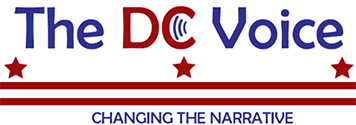










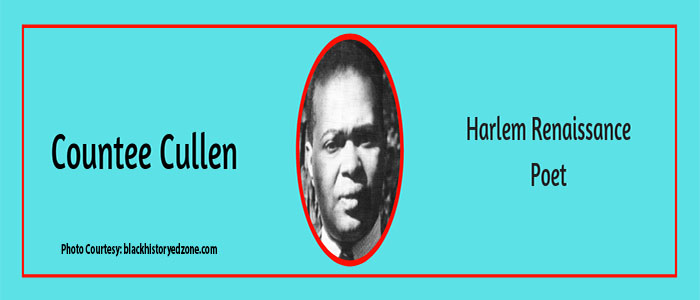


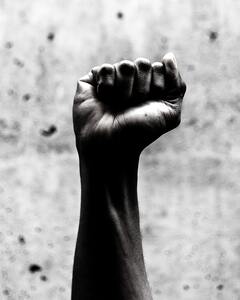

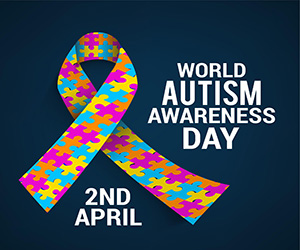
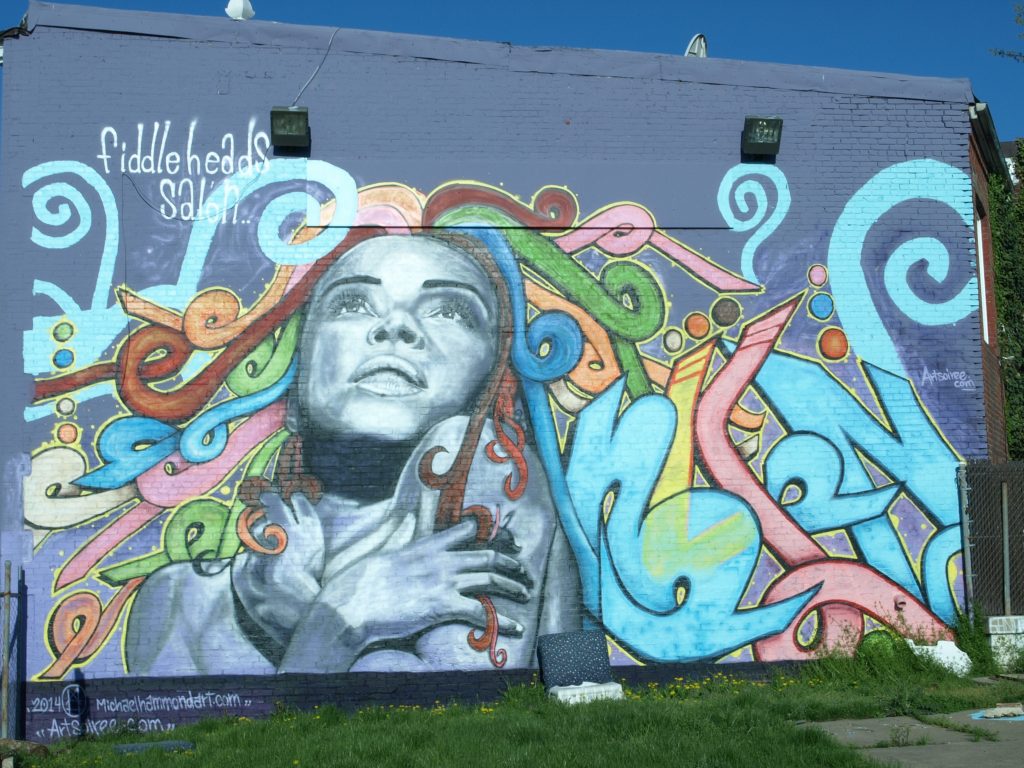
Add comment